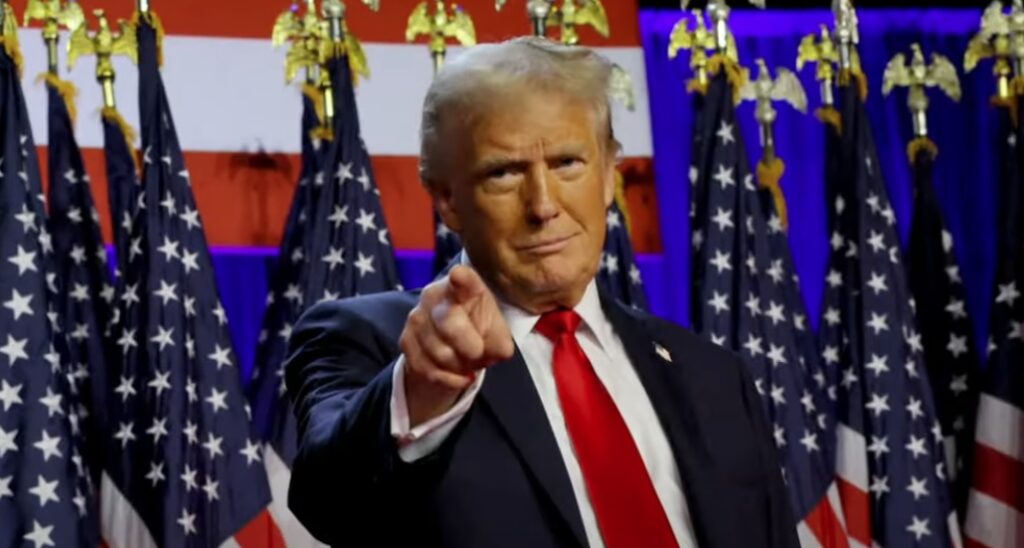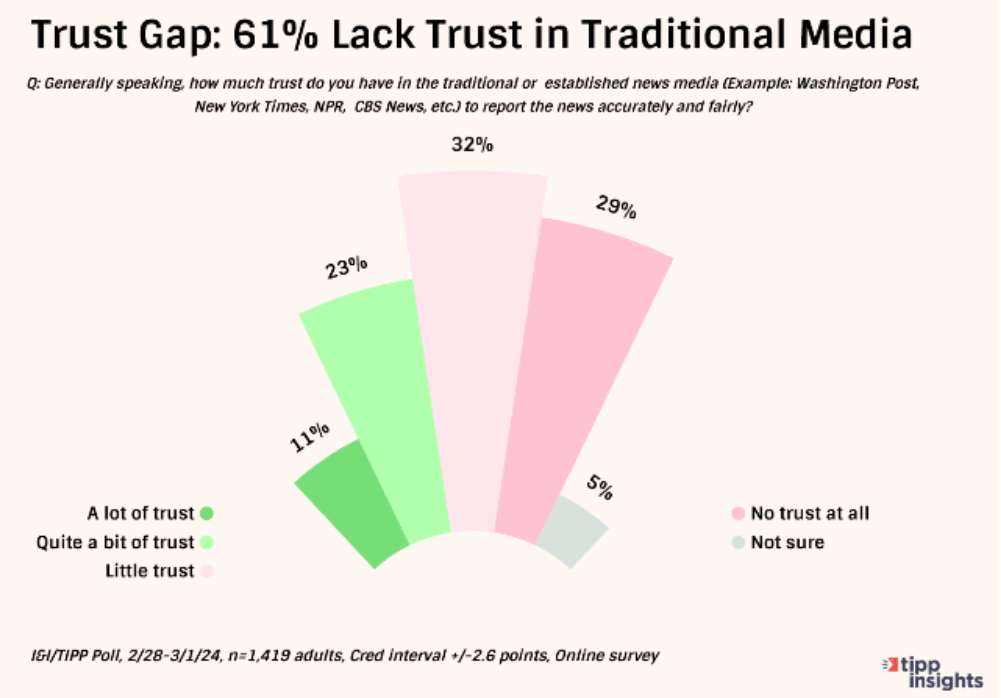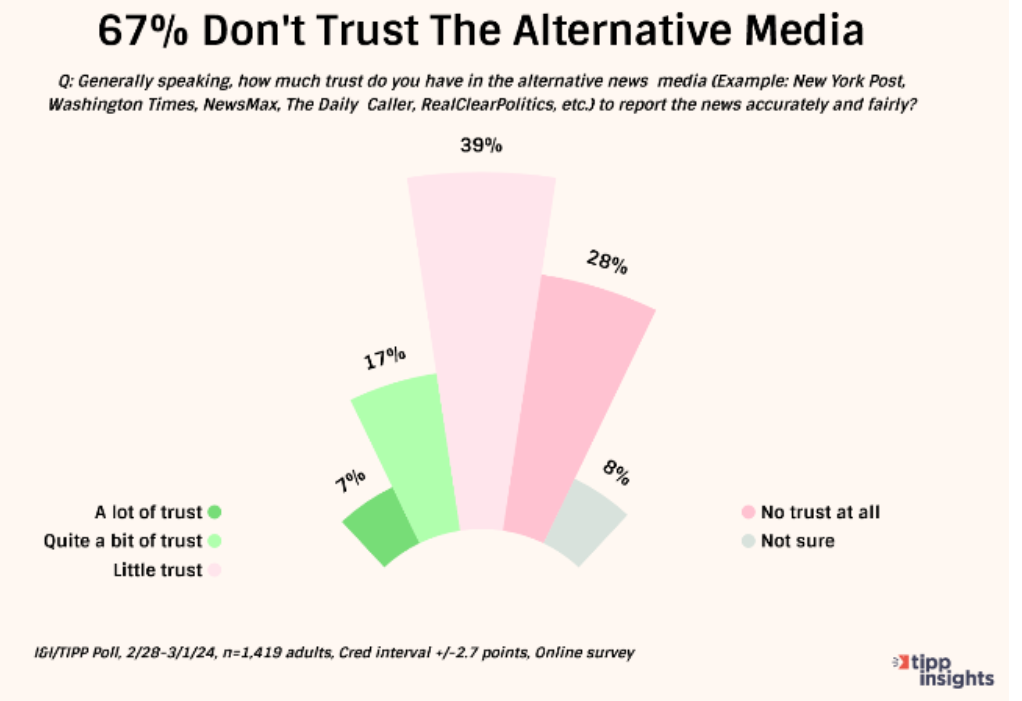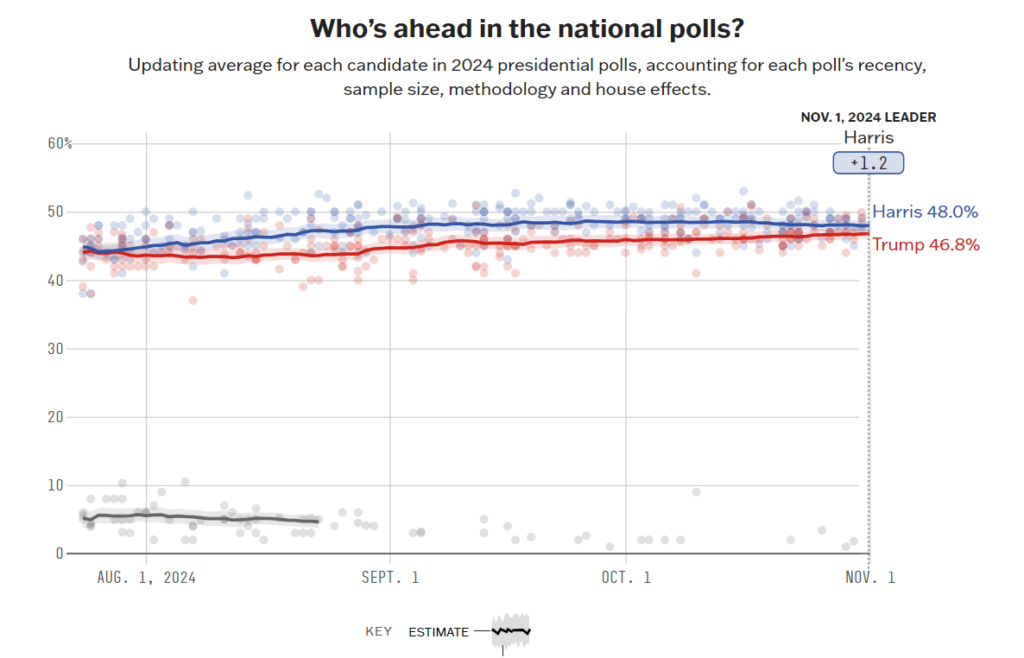By a guest author.
Is it fundamentally not simple to see?
Prior to the dissolution of the Soviet Union the world was divided into two hostile blocs, and no one knew how that protracted conflict between West and East would resolve: would there be World War Three? Would the Cold War last forever? Would there be a string of proxy wars between the two political systems like that in Korea or that in Vietnam? Lo and behold, the Soviet Union, this terrible monster, this evil empire, laid down its arms, and
- let go of all the central European states i.e. disbanded the Warsaw Pact (the military counterpart of NATO) and the Comecon (the economic counterpart of the EEC, the precursor of the European Union);
- dissolved the Union of the Soviet Socialist Republics itself;
- threw away Marxist-Leninist ideology;
- accepted capitalism with everything that this socio-economic system offers;
and while Russia – the Soviet Union’s successor – surrendered herself to the West, her President Boris Yeltsin famously said ‘God save America’ in Congress.
The astounded, mesmerised, astonished world heaved a deep sigh of relief and entertained high hopes about the peaceful future. The German rock band Scorpions encapsulated the atmosphere of that time in their winds of change song, which won enormous popularity across the Old Continent. Almost overnight events occurred that no one thought were possible. A miracle. Communism collapsed with not a single shot being fired. Annus mirabilis, indeed. That was day one. What happened on day two?
On day two all Central European countries flocked to NATO. They flocked to NATO to be protected from… well, from whom? There was no Soviet Union, there was no communist colossus, there was no hostile state in the east. European Russia had shrunk to the territorial size it had during the reign of Peter I three centuries earlier, its industry was in shatters, it had huge demographic problems, it was torn by factional feuds while the state property was appropriated by individuals, not infrequently of alien ethnicity, and its armed forces were weak and demoralised. So, what protection did the central European countries need? Still, they became NATO members.
As if that was not enough, on day two the CIA began supporting Chechen rebels and operating in the Caucasus, to name just a few areas, while NATO began deploying missiles to Poland and Romania with the ridiculous story that they were there to protect central Europe against… Iranian attacks! I rubbed my eyes and did not believe my ears when I heard that justification for the deployment of missiles as it was provided to us via the many media. Stupid, isn’t it? They should have come up with a better pretext, but there you have it.
Consider this historical event this way. A wild-west little settlement. The Russki posse on one side, the Yankee posse on the other. The gunslingers of both are holding their guns levelled at their opponents. The moment lasts all eternity until the Russki posse decides to give up. For whatever reason – psychological pressure, bad weather, the calculation of their chances of (not) prevailing in the shoot-out, whatever – the Russki posse lowers their hands, drops their guns, unbuckles their belts and throws them away. The Yankee posse emerges victorious. What do you think the Russki posse expects in return? Yes, you guessed it right. They expect a similar gesture. Right? But no. The Yankee posse not only does not lower their guns; no, they take over the members of the Russki posse (Poles, Czechs, Hungarians, Romanians etc.) and even take over Russki’s brother known as Ukraine and they begin to pit them all against the Russki. That’s what it all was about.
As far as I can search my memory, in between 1991 and 2022 I never heard or read in the media anything even slightly positive about Russia and things Russian. Anything to do with Russia was described as bad, ugly, repulsive, stupid, ridiculous, backward – you name it. Not one single positive piece of information about that country or its nation. Not one. I still remember the item of news just prior to the opening of the Winter Olympic Games in Sochi that the toilets in hotels for the athletes were constructed in such a way as to have two toilet bowls per cabin i.e. as to force people to – sorry for the word – defecate side by side without an intervening partition wall. And you know what? My compatriots believed in it. Eagerly.
My compatriots – just as the Western intellectuals – defended Khodorkovsky in his conflict with President Putin because Khodorkovsky was Putin’s enemy, and the enemy of our enemy is our friend. Never mind that a personage like Khodorkovsky in my own country would have been hated by the majority of people because they would have all figured out – and rightly so — that his enormous fortune was the result of theft, deceit, murder and all other kinds of crime. Still, anybody was regarded as saintly and a hero so long as he opposed Putin. Much the same story repeated itself with my compatriots wholeheartedly supporting Ukrainians, a nation otherwise commonly disliked in my country.
My countrymen – just like Western citizens – were all in favour of Navalny because he was – yes, you guessed it right – anti-Putin. They knew nothing about him: it was enough that he was anti-Putin to view him as a hero. No common sense applied. You remember how Putin tried to poison Navalny? It all bordered on the surreal and the absurd: the otherwise monstrous and effective KGB turned out to be unable to kill one dissident; Navalny’s wife demanded that her unconscious husband be transferred to Germany for treatment; the Russian government docilely agreed, knowing full well that German doctors would find the traces of poison in Navalny’s body; the traces of poison were found, of course!, but still Navalny came back to Russia after his recovery only to be killed a few months later in prison, this time successfully! My oh my, how foolish it all can be and still people accepted all this as pure truth!
Then came day three. The West began penetrating Ukraine and Belarus. The West began to turn those two Russian nations into anti-Russia. Just like that. It was like pitting Canada against the United States or setting New Zealand against Australia. It really is as absurd as that. The three states – Belarus, Ukraine and Russia – stem from one medieval Rus’, just like the United States, Canada, Australia and New Zealand are historical offshoots of the United Kingdom, and just as people in last mentioned countries generally speak English, so do people in Russia, Belarus and Ukraine generally speak Russian.
No, Ukrainians do not speak Ukrainian for the most part. There are a few millions of them in my country, I happened to work with some of them, and I have my ears wide open. And you know what? Maybe two, maybe three out of every hundred speak Ukrainian or something that is a mix between Ukrainian and Russian. Maybe two, maybe three out of every hundred! Yet, my government pretends not to notice this fact, and the newspapers or a television channel dedicated to the refugees from Ukraine as well as all the inscriptions and legend in shops, means of public transport and offices are printed in Ukrainian. Now to bring my point home: since almost all those Ukrainians speak Russian – Russian is their mother tongue – so what my government is doing is comparable to having a huge refugee population from Ireland and addressing all of them in the Irish language rather than English! That’s how downright foolish it all is, that’s how mendacious the powers that be are, that’s how the managers of the world create ‘reality’.
It’s not merely that Ukrainians speak Russian: Ukrainian children (just as Belorussian children) when they study at school about the beginning of the history of their nation, they learn about the same legends and the same first rules as Russian children do. Again, let me bring my point home: there is almost no such historical overlap between Polish and Czech history. Never mind, Leonid Kuchma, Ukraine’s second president, made a name for himself authoring a book entitled Ukraine is not Russia. The title says it all what the book is about. Now, if Ukraine were not Russia, no one in his right senses would speak about it not being Russia, let alone write a whole book to prove it! Do we have books like France is not Germany or vice versa? This title alone proves how much Ukraine is Russia.
Which is one of the reasons why so many Ukrainians (Russians) fled the country and did not want to defend it. If they were ‘Ukrainians-not-Russians’, they would have defended Not-Russia against Russia, but somehow they don’t want to. I see them in my city everywhere around. Young, sporty men. On the one hand it is morally reprehensible: their mates are dying in the trenches or losing limbs, while these sporty guys are in safety. On the other hand I understand them: they are not going to kill Russian brethren, they are not going to kill people speaking the same language, professing the same Orthodox Christian faith, writing in the same script, sharing the same legends, having close or distant relatives on either side of the border. Oleksandr Syrskyi, Ukraine’s commander-in-chief, an ethnic Russian, with both his parents and a brother living in Russia, is a glaring and telling illustration of the problem! For reasons known to himself he decided to fight against his own nation: millions of others decided otherwise.
Russians – like all those central and eastern European nations – have a huge inferiority complex towards the West. Go open Leo Tolstoy’s war and peace in the Russian original and you will see huge chunks of text written in French. Why? It’s not simply because sometimes the author presents the French characters speaking in their language; it is also and predominantly because Russian upper classes would speak French now and again, because Russians (and Poles, and Romanians, and, and, and) were enamoured of France and anything French; today they love English and anything having to do with the Anglosphere. Why am I saying this? I’m saying this to show that the West knowing about this inferiority complex could have controlled Russia ad infinitum if only the control were measured, moderate and mild; if only the West were not throwing its weight about as it has, as it is, as it invariably will. Sadly, the West threw its weight around and we are facing the sad result.
Hey, even a Navalny at the helm of the Russian state would have reacted to Ukraine being drawn into NATO in a way similar to what Putin did! How can you fail to see it? A putsch in Kiev, an attempted putsch in Minsk, the Baltic states as NATO members, missiles in Poland and Romania, constant political turmoil in the Caucasus – which Russian leader would remain passive? I didn’t want to repeat this banal comparison that many others keep using, but I feel compelled to do so: what would Washington do if Russia or China were about to draw Mexico and Canada to a military pact hostile to the United States? What would the Hill do if a Russian Nuland or a Chinese Pyatt were openly instigating putschists in Ottawa or Mexico City? We know what Washington would do. Why then are we so surprised at what Moscow has done? Quite apart from whether you like Putin or not, quite apart from whether you like Russia or not: apply just plain thinking like in a game of chess. Beijing must have applied such thinking, and must have been watching what had been happening to the Soviet Union and the Russian Federation, and they must have drawn the only right inference: surely, we might let go of Tibetans, Uyghurs and Mongols – why not? these are alien nations – but we can’t: the moment we let them go, they will flock to a NATO or an AUKUS, and become springboards for Western penetration and aggression. (Notice in passing the geopolitical similarity of the crescent made up of the Baltic States, Belarus and Ukraine west of Russia and that made up of Mongols, Uyghurs and Tibetans west of China.)
Notice also this hubris: Americans say that losing control over Taiwan, which is located thousands of miles across the Pacific away from the United States, threatens their national security; now Russians must not say that having Ukraine, which is located next door, controlled by Americans threatens their national security. Gee… how biased one needs to be to say that!?
When you listen to Western leaders you cannot get rid of the impression that they are obsessed with Putin. Putin, Putin, Putin is the word that they love to hate. I’m sure they have Putin-dolls which they punch with voodoo pins. I think they would readily bless Russia with the whole of Ukraine if only in return they could lay their hands on Putin to court-martial him, to humiliate him, and to hang him. Putin, Putin, Putin – a sickly obsession. The Western leaders simply indulge in the Orwellian two minutes of hate of Putin, who in their eyes is second only to Hitler. Before Putin there were a few others, with one especially imprinted on my memory: Serbia’s President Slobodan Milošević. He, too, was an incarnation of all evil, while Serbs – and only Serbs – were to blame for anything and everything. Saintly Albanians and Bosnians, not so saintly Croats, and those devils – Serbs! At that time I did not need to delve into the Balkan conflict very much to realise one thing: Milošević must have thrown a monkey wrench in the works of the powers that be. This glaring, enormous bias against little Serbia was enough to make me wonder.
So, how would the managers on the Potomac react to Mexico or Canada being drawn into a military bloc hostile to the United States? No Russian attentive to the world of politics and ideologies fails to notice that the West is hostile to Russia. What of the RAND think-tank publications, what of others – they make no bones about it: Ruthenia delenda est. These aims are declared openly with conferences taking par during which Russia’s territory is being divided into over twenty political entities with none – not a single one – of them bearing the name Russia. don’t Russians know about it? Of course they do! Such conferences are not kept secret, after all. so they react accordingly. “We are not interested in a world without Russia,” said the Russian president. “We are not interested in a world without Poland, France, Hungary, the United States…” would say any patriotic president, would he not? So what’s so strange about it? If they want to subjugate you, to enslave you, to annihilate you, you put up a fight.
Or maybe you throw a farewell party?






















